Our last Dorsal View delved into the world of tennis and the myriad quirky superstitions that plague these players, sometimes even making the difference between victory and defeat. One might expect this of high-octane sports people so wrapped up in their own thoughts and emotions, but hardly medical professionals, whose working lives are ruled by an evidence-base. Surely not?
Whether or not you or a colleague will admit to it, superstitions are not unknown among healthcare professionals. Previous research has shown that some people in occupations with a high degree of uncertainty in terms of outcomes may gravitate towards superstition.
Some doctors from the ‘Plastic Surgery Channel’ on social media decided to take a closer look at this apparent quirk. They found that while doctors do not like the term ‘superstition’ – understandable for a group of scientists – some do have certain habits or ‘rituals’ that they incorporate before, during, or after surgery. Dr Brian Brzowski, board-certified plastic surgeon from Utah in the US, conceded: “I always have a little coffee in the morning. I don’t have it at home and I don’t have any before I mark my patients,” he said. “I have my coffee cup marked and I fill it up to there. That’s my max. I can have that amount of coffee and I can have it at the same time. That’s probably the biggest superstition I follow.”
Another board-certified plastic surgeon Dr Caroline Glicksman confessed: “Mostly I just hold my patients’ hands before they go to sleep. I just stand there and tell them everything is going to be fine. If they can’t understand what I’m saying, I try to catch their eye and tell them I’m really proud of them.”
But the same research showed that emergency department (ED) doctors have the jump on the surgeons when it comes to superstitions. The surveyors found that the old belief that the full moon makes the ED an even crazier place than usual still exists for some. Whilst the data does not back this up, it seems to be a belief that’s still held by those working in the ED, at least in some hospitals in the US.
For example, ‘the Q word’ (‘quiet’) or ‘the S word’ (slow) are considered to be a jinx of sorts. Any throwaway comments in the ED to the effect of ‘it’s very quiet tonight’ are expected to be followed shortly by the arrival of five ambulances with complicated injuries.
Some ED doctors are also quietly and unkindly known as ‘black clouds’, based on the superstition that they tend to attract the most severely-ill patients during their shift.
Plastic surgeon Dr Tiffany McCormack also contributed to the survey, confessing that she does not feel she is completely ‘in the zone’ unless she has her lucky socks on: “I have high fancy socks that are pink. My favourite ones say ‘bad ass’ on them.”
What some call superstition, others call a routine. Kentucky cosmetic surgeon Dr Brad Calobrace told the researchers: “I work out every morning. That takes an hour. Then I have some coffee. They taught me in residency if you do drink coffee, you should continue to [drink it] on surgery days, to avoid any potential shaking. And then I meet with some friends before my day begins. It helps to socialise a little. Then I head into surgery. That’s my routine and it never changes.”
Of course, as scientists, doctors are perhaps the least prone to superstitions. For example, 80 per cent of high-rise buildings in the US do not have a 13th floor – watch out for that one next time you are in a lift in America. It will often be replaced by floor ’12A’.
Likewise, next time you are flying with Lufthansa, you may be disappointed if you try to book a seat in row 13. In common with other European airlines Iberia, Air France, ITA, and Ryanair, Lufthansa has dispensed with row 13 (skipping straight from rows 12 to 14) in an effort to make superstitious flyers feel more comfortable. Some airlines in the US, Asia, and the Middle East also adopt this policy.
As long as no harm is done, perhaps a bit of superstition in the medical workplace may not only add a little colour to the environment, but may also introduce a little much-needed collegial frivolity amid all the death and disease.
Watch out for those ladders.
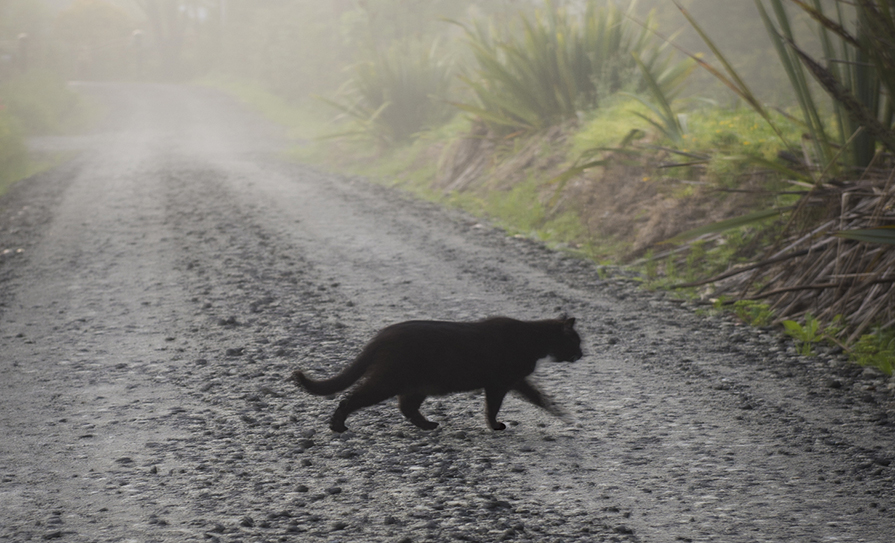
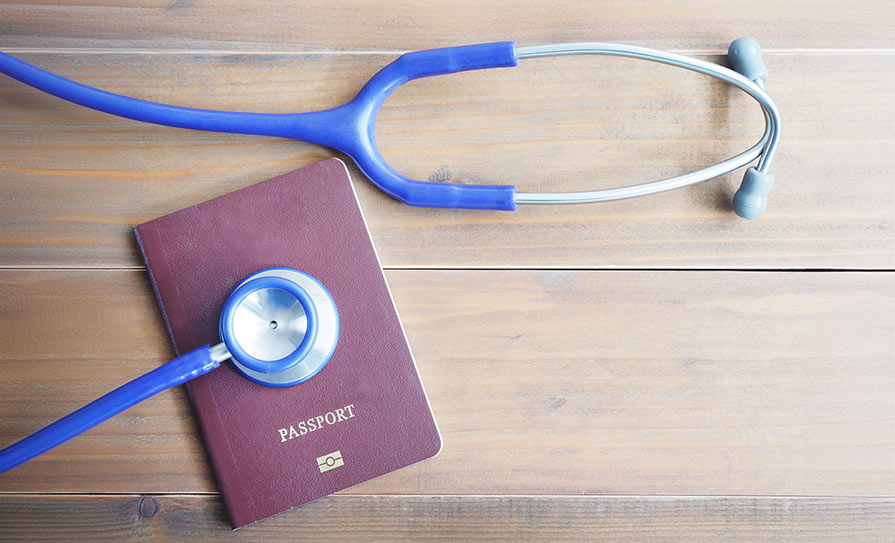
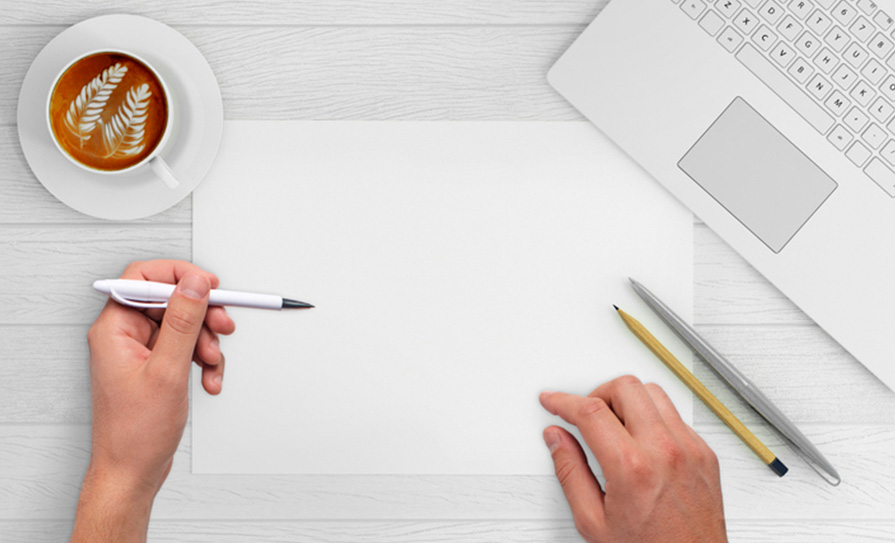

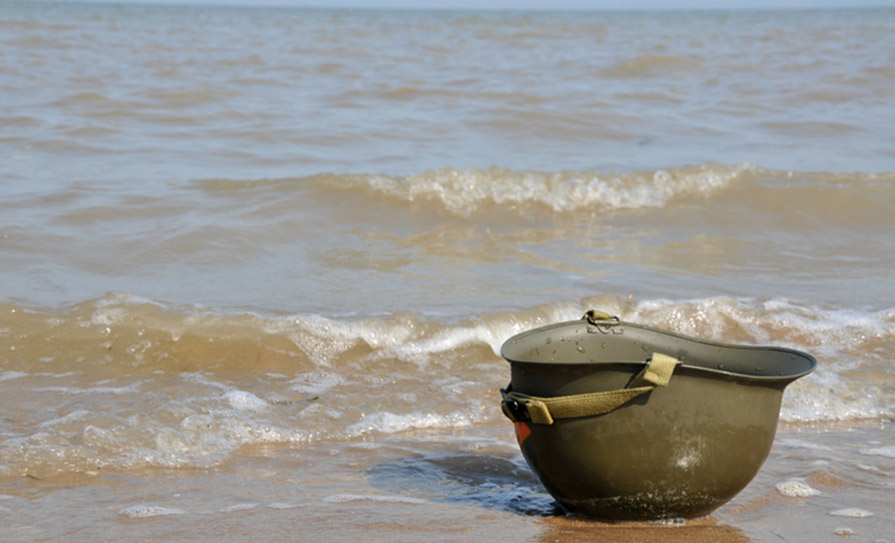
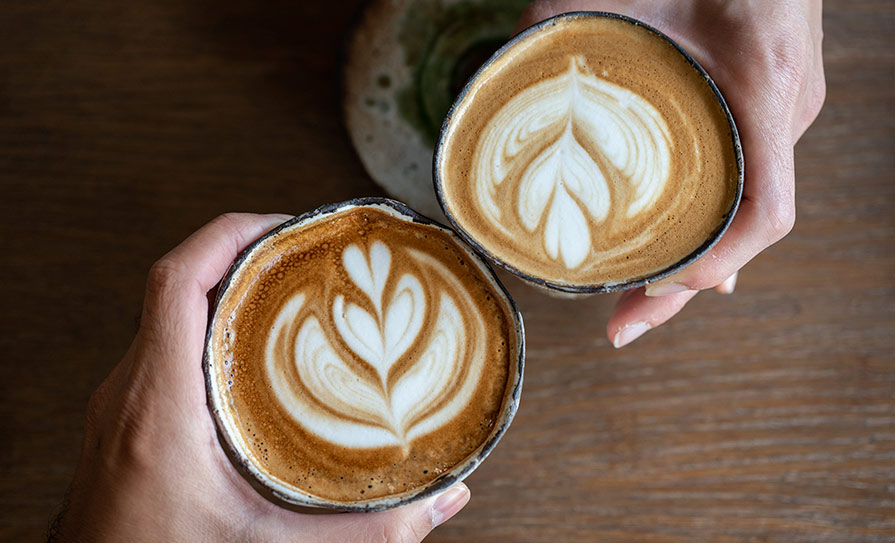


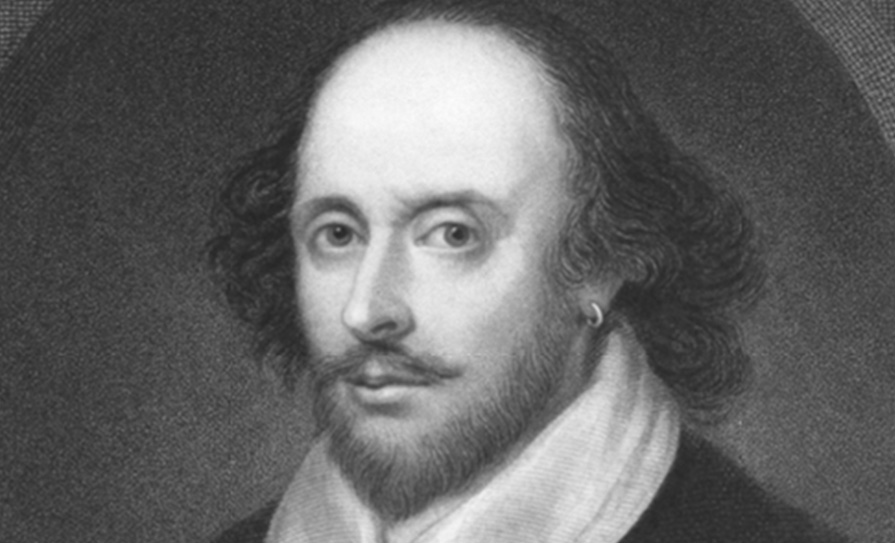




Leave a Reply
You must be logged in to post a comment.